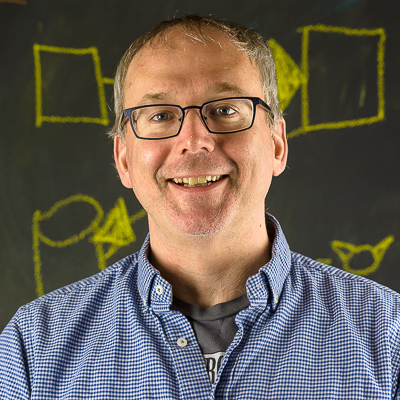Imagining Magazines in the 21st Century
Today’s media environment is crowded with too much information. Mysterious algorithms exert tremendous control over what many people consume, and unexpected changes to how those algorithms work can upend the income for content publishers, whether they are individuals, collectives, or companies. How might ideas from the heyday of magazine publishing suggest new sustainable models for connecting creators and consumers? Technology has changed—this isn’t necessarily about ink on bundles of paper at a newsstand. It’s about the ideas of voice, perspective, and community that great magazines made manifest, adapted to the information and technology conditions of today.
Faculty and Staff Leads
Project Details
2024 Fall
Important Questions
- What made magazines successful in the past?
- What makes people today willing to pay for content even when so much is available at no cost?
- What are the benefits of creators banding together rather than being independent?
- How can creators control the means of distribution of their work, rather than being at the mercy of YouTube, TikTok, Instagram and other social media companies?
- What are some possible balance points between author-to-audience publishing and the more collaborative and participatory modes we see in social media, Discord, etc?
- Which technologies work best to make sure audiences can keep up with the content they want in the endless chatter of social media and mainstream advertising?
Outcome
By the end of the quarter, this team will be prepared to pitch one or more models for a magazine-like title that convenes a loyal audience around a common interest, with rough ideas about the economics that would make it work. The focus will be on the structure and model rather than specific content, but the team might collectively choose a subject area to ground some of the research.
Links
- Q&A: Jeff Jarvis on what the magazine was
- Social media news consumption slows globally (Axios)
- Publishers see dramatic drop in Facebook referral traffic… (CNN)
- The Future of Social Media is a Lot Less Social (NYT)
- From Running and Fiction to Baking and Videogames: Social Networking Goes Niche (WSJ)
- Content creators surge past legacy media as news hits a tipping point
- The fediverse, explained
- Newsletter platform Ghost adopts ActivityPub to ‘bring back the open web’
- No, newsrooms don't need to cede control to social media.
- Another 'Exception'? Jonathan Coulton Making Half A Million A Year With No Record Label

